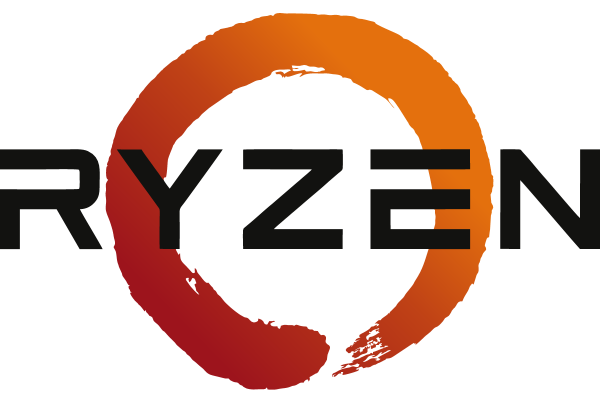N+1 Datacenter
100% network power/network resilience throughout the data center.
Power Redundancy
We utilise n+1 144kw APC Symmetra PX systems with integrated power distribution enabling us to constantly monitor the power supply to each rack.
Optional Management
Empower your operations by entrusting our team of experts, providing round-the-clock access to certified Linux systems engineers and developers.
.

Connectivity
Our network is composed of top-tier providers, boasting the highest quality, such as NTT, Telia, GTT, TATA, Cogent, along with over 400 Internet Exchange (IX) peers.
Security
Our site is fortified with multi-layered physical security measures. Access to the building is vigilantly monitored through visual human checks and proximity access tags, ensuring a robust protective shield.
100% Network Uptime
Each dedicated server comes with our 100% financially backed Service Level Agreement (SLA), guaranteeing the reliability and performance of our services.
Supported OS

CentOS 7
CentOS 8
CentOS 9

Ubuntu 22.04+
Ubuntu 20.04
Ubuntu 18.04

Debian 11
Debian 10

Rocky Linux 9
Rocky Linux 8
AlmaLinux 8
AlmaLinux 9
Request a Quote
Powered by WHMCompleteSolution






.webp)












